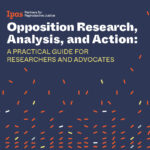
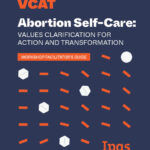
Research and evidence show that people can safely and effectively self-manage medical abortion, also called abortion with pills, when they have accurate information. Abortion self-care (ASC) is abortion with pills without the necessity of a prescription. With ASC, a pregnant person manages as much of the process as they want on their own, with or without the involvement of a health-care provider.

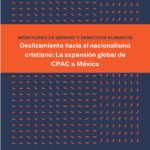
La Conferencia de Acción Política Conservadora (CPAC), con sede en Estados Unidos, un evento conocido como nexo para el activismo de derecha, realizará su primer foro en México.
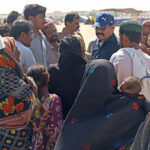
With a third of Pakistan underwater due to record flooding from the 2022 monsoon season, the United Nations Population Fund estimates that around 1.6 million women of reproductive age, including nearly 130,000 pregnant women, need immediate sexual and reproductive health services in flood-affected areas.
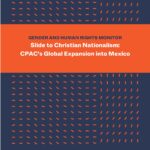
The U.S.-based Conservative Political Action Conference (CPAC), an event well known as a nexus for right-wing activism, is holding its first forum in Mexico. This brief—written for both opposition researchers and anyone interested in the global anti-rights movement—provides an overview of CPAC’s background and international expansion, with a focus on how CPAC is collaborating with far-right actors in Mexico to advance its Christian nationalist agenda.
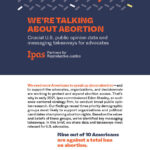
We need more Americans to speak up about abortion—and to support the advocates, organizations, and decisionmakers working to protect and expand abortion access. That’s why Ipas worked with Eden Stanley, an audience-centered firm, to conduct broad public opinion research. Our findings reveal three priority demographic groups most likely to support organizations and political candidates championing abortion rights. Based on the values and beliefs of these groups, we’ve identified key messaging takeaways. In this brief, we share data and takeaways most relevant for U.S. advocates.

